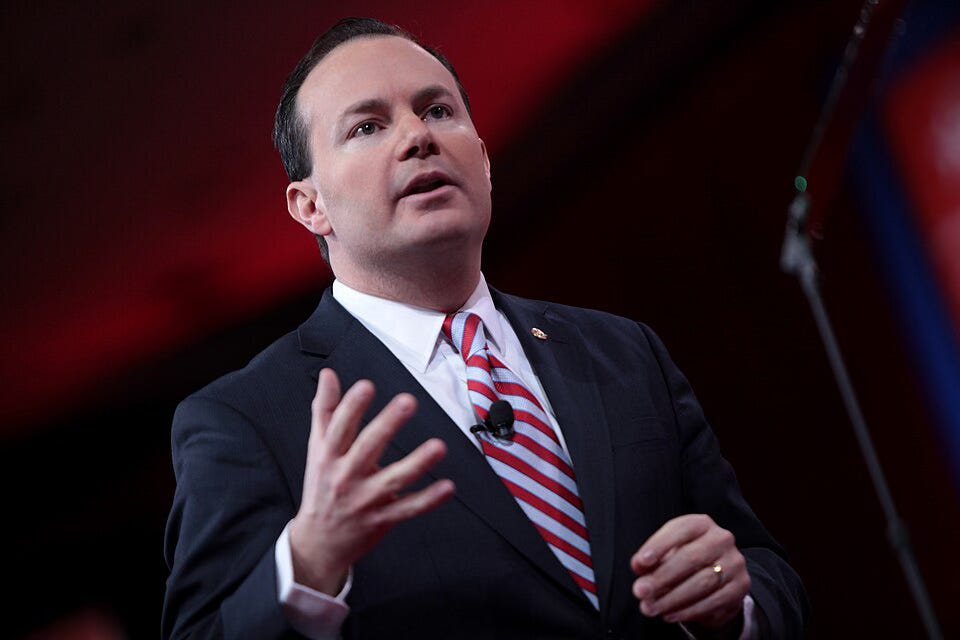Utah Senator Resurrects Federal Land Sell-Off. This Time It’s A Fire Sale.
Republican Sen. Mike Lee’s contribution to the GOP’s “big, beautiful” budget bill would auction off up to 3.2 million acres of the public domain.

Republican Utah Sen. Mike Lee, one of the most radically anti-federal land lawmakers to ever walk the halls of Congress, moved late Wednesday to force the sale of as much as 3.2 million acres of public land in…




